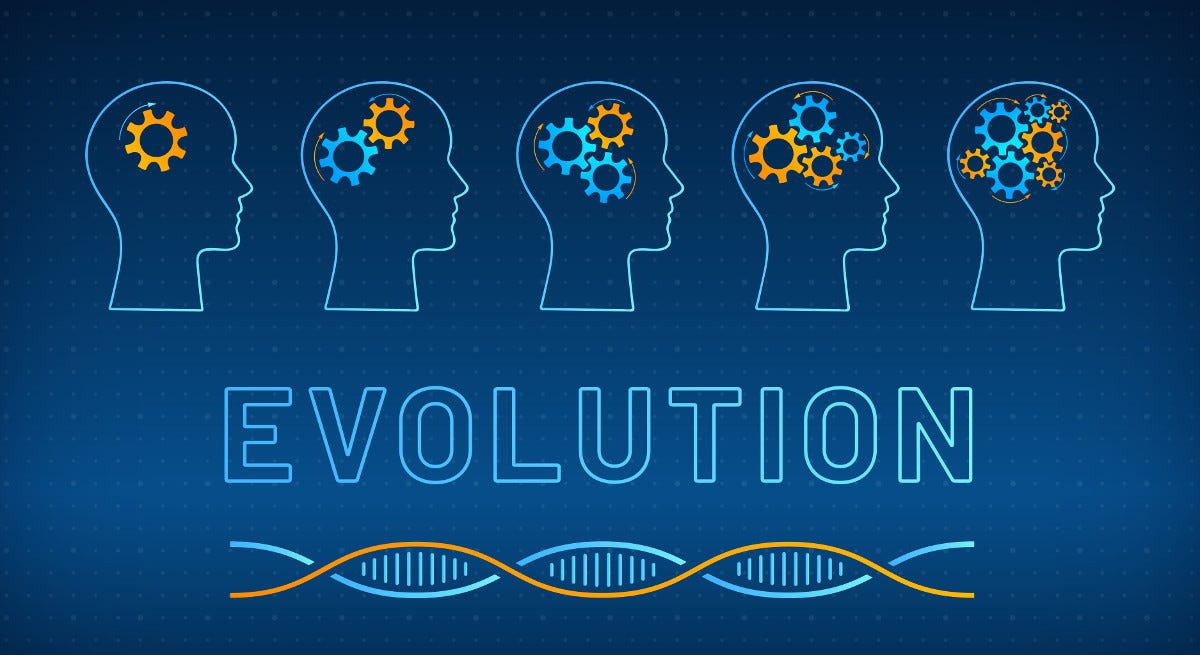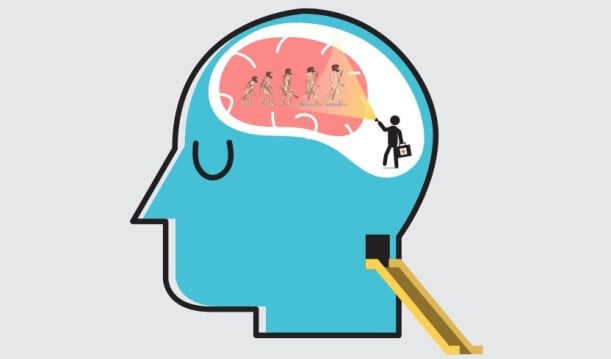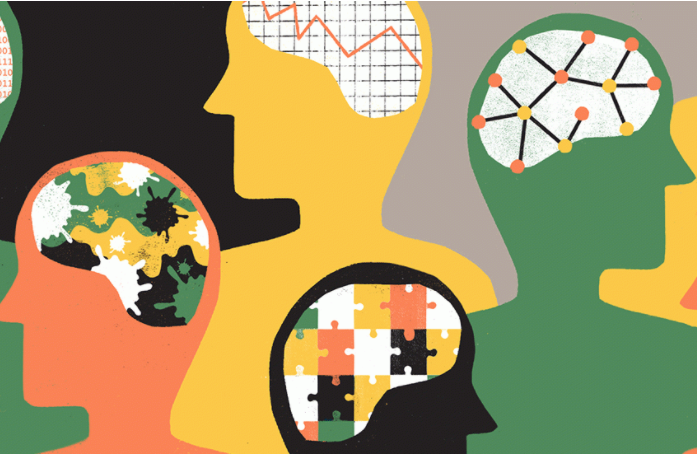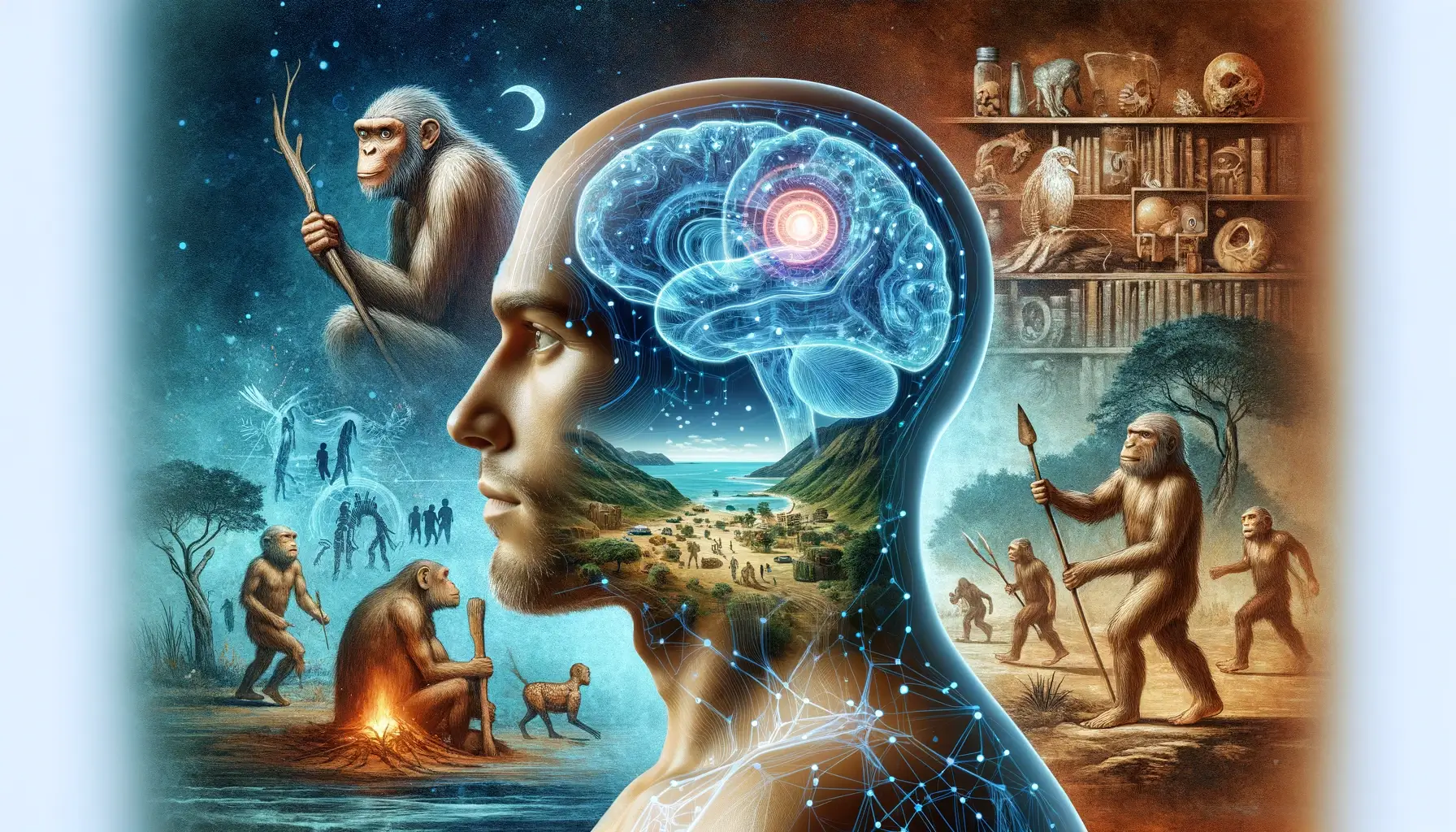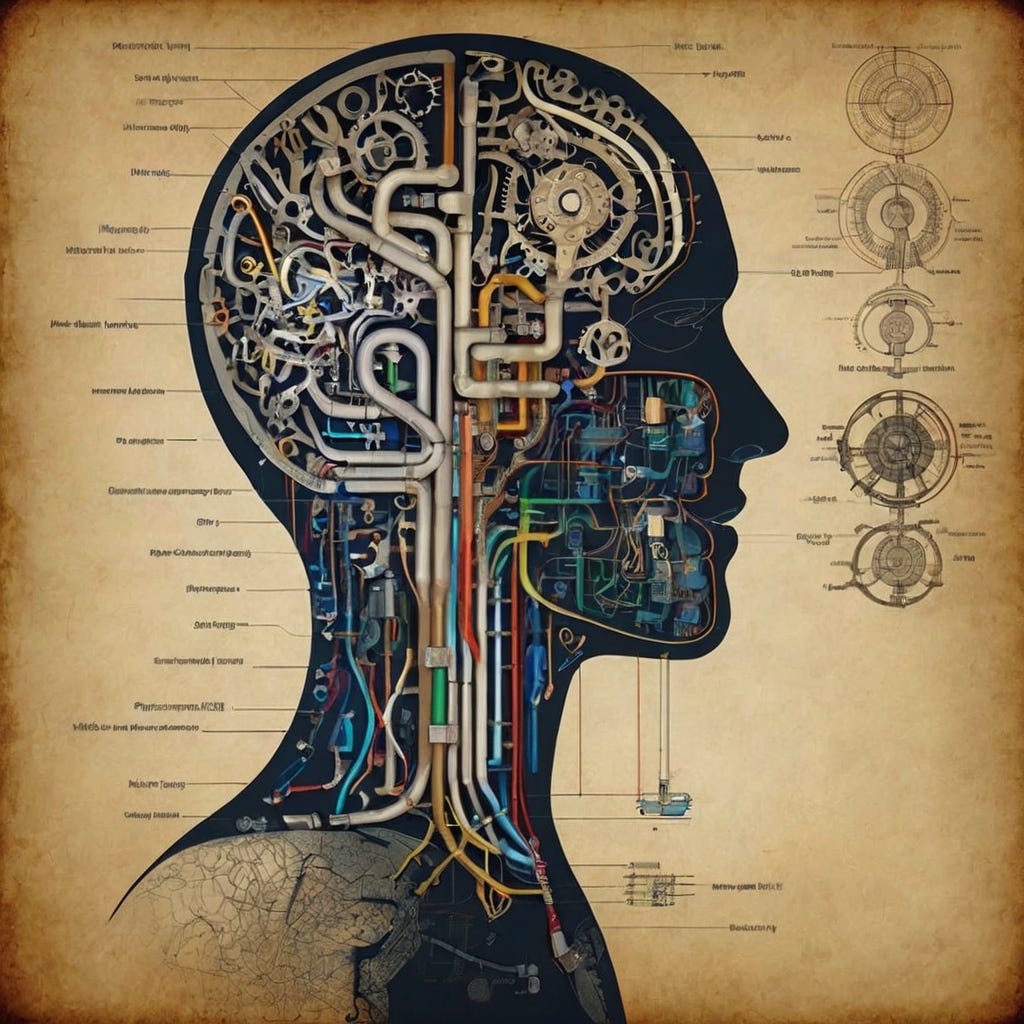Introduction
Psychology and behavioral sciences have evolved significantly, shaping various aspects of life. At Al Mithaq Institute, we offer specialized courses in these fields to help students excel in their careers.
1. The Origins of Psychology
1.1 The Philosophical Roots
Early thinkers such as Plato and Aristotle explored human nature, emotions, and cognition, laying the foundation for modern psychology.
1.2 The Birth of Modern Psychology
Wilhelm Wundt established the first psychology laboratory in 1879, marking the transition of psychology into a scientific discipline.
1.3 The Rise of Functionalism
Led by William James, functionalism emphasized the purpose of thoughts and emotions in helping individuals adapt to their environments.
2. Major Schools of Thought in Psychology
2.1 Psychoanalysis: The Power of the Unconscious Mind
Founded by Sigmund Freud, psychoanalysis introduced the concept of the unconscious mind and early childhood experiences shaping personality.
2.2 Behaviorism: Learning and Conditioning
Behaviorism, developed by John Watson and B.F. Skinner, focused on observable behavior and learning through conditioning.
2.3 Humanistic Psychology: The Quest for Self-Actualization
With pioneers like Carl Rogers and Abraham Maslow, humanistic psychology emphasized personal growth and self-actualization.
3. Advances in Behavioral Sciences
3.1 Cognitive Psychology
This branch of psychology studies perception, memory, and learning, leading to the development of Cognitive Behavioral Therapy (CBT).
3.2 Neuroscience and Psychology
Modern technology like fMRI and EEG has linked psychological theories to biological mechanisms, enhancing our understanding of emotions and behavior.
4. Applications of Psychology in Modern Life
4.1 Mental Health and Therapy
Psychological principles are applied in clinical settings, school counseling, and corporate wellness programs.
4.2 Business and Marketing
Understanding consumer behavior, persuasion techniques, and leadership psychology plays a crucial role in marketing and business success.
4.3 Legal and Criminal Justice
Forensic psychology applies behavioral science to criminal investigations, profiling, and rehabilitation.
5. The Future of Psychology and Behavioral Sciences
- Artificial Intelligence (AI) is integrating with psychology through chatbots and data-driven assessments.
- Virtual Reality (VR) is used for therapy and PTSD treatment.
- Psychology education is in high demand for careers in **mental health, business, and leadership**.
Start Your Psychology Journey with Al Mithaq Institute
Gain globally recognized certifications and expert training.
